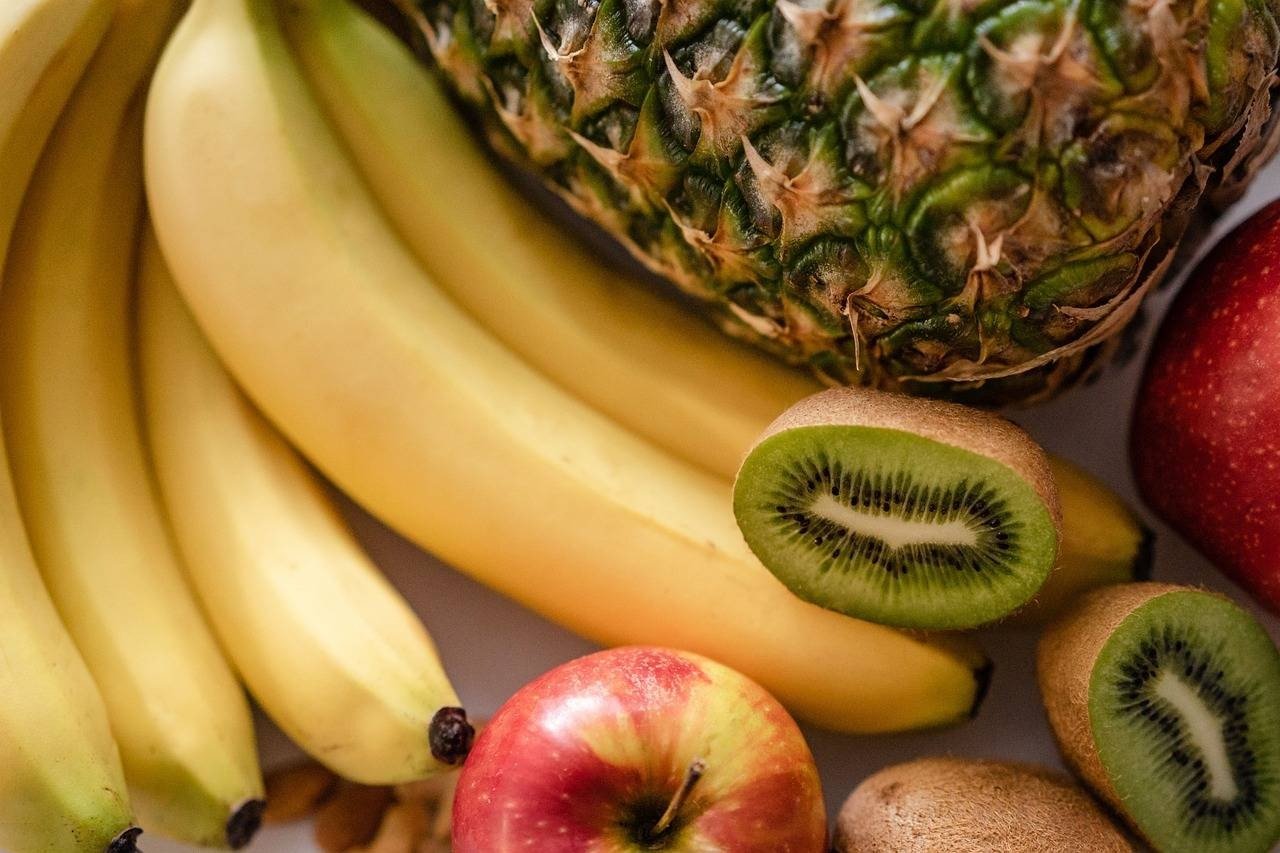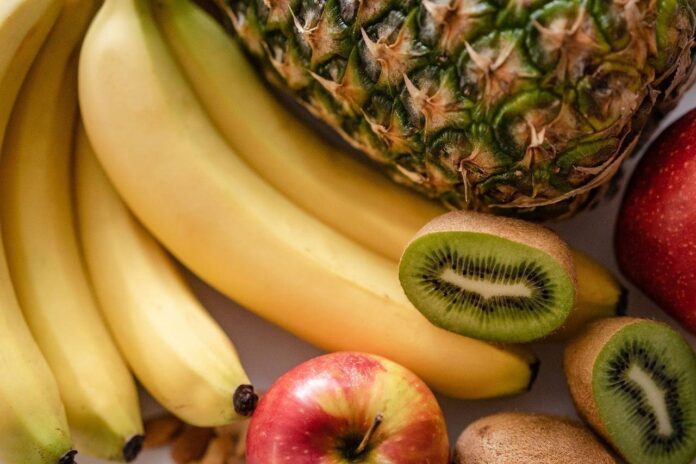The development and progression of tumors is a complex process influenced by genetic, environmental, and lifestyle factors. Increasing research over the years has highlighted the critical role of diet in cancer formation, advancement, and prevention. A well-balanced diet can reduce cancer risk, while unhealthy eating habits can increase the likelihood of developing the disease.
Basic principles of a cancer-preventive diet:
Nutritional Balance: Consume a varied diet to ensure adequate intake of proteins, carbohydrates, fats, vitamins, and minerals. This helps maintain normal body functions, boosts immunity, and provides a nutritional foundation to counter cancer.
Increase Fiber Intake: Fiber promotes healthy bowel movement, alleviates constipation, and reduces the risk of colorectal cancer. Incorporate more vegetables, fruits, and whole grains into your diet.
Limit High-Fat Foods: High-fat diets are associated with an increased risk of obesity, a significant risk factor for various cancers. Reduce consumption of saturated and trans fats, opting instead for foods rich in unsaturated fats, such as lean meats, skinless poultry, fish, and nuts.
Avoid or Limit Alcohol: Alcohol is a primary risk factor for numerous cancers. Individuals with cancer should abstain from alcohol entirely, and if unable to do so, strict moderation is essential.

Control Refined Sugar Intake: Excess refined sugar can lead to obesity and insulin resistance, both linked to cancer. Limit sugary treats and sweetened beverages in your daily diet.
Suggested 5+5 Dietary Guidelines for Cancer Prevention:
5 Areas to Increase:
Boost Fresh Produce Intake: Fruits and vegetables are packed with vitamins, minerals, and antioxidants, offering protection against cell damage caused by free radicals. Aim for a minimum of 300-500g of vegetables and 200-350g of fruit daily.
Prioritize Whole Grains: Whole grains provide fiber, vitamins, and minerals, benefiting digestive health and reducing cancer risk. Consider alternatives like brown bread, brown rice, or quinoa. Recommended intake is 50-100g of whole grains and legumes daily.
High-Quality Protein: Protein is vital for body repair and recovery. Opt for lean meats, skinless poultry, fish, seafood, tofu, and beans.
Minimize Processed Foods: These often contain high levels of salt, fat, and additives, and smoked or pickled foods may contain carcinogens. Limit their presence in your daily meals.
Stay Hydrated: Water is essential for optimal metabolic function and detoxification. Aim for 1.5-1.7 liters of water daily, preferably filtered or mildly flavored.








































